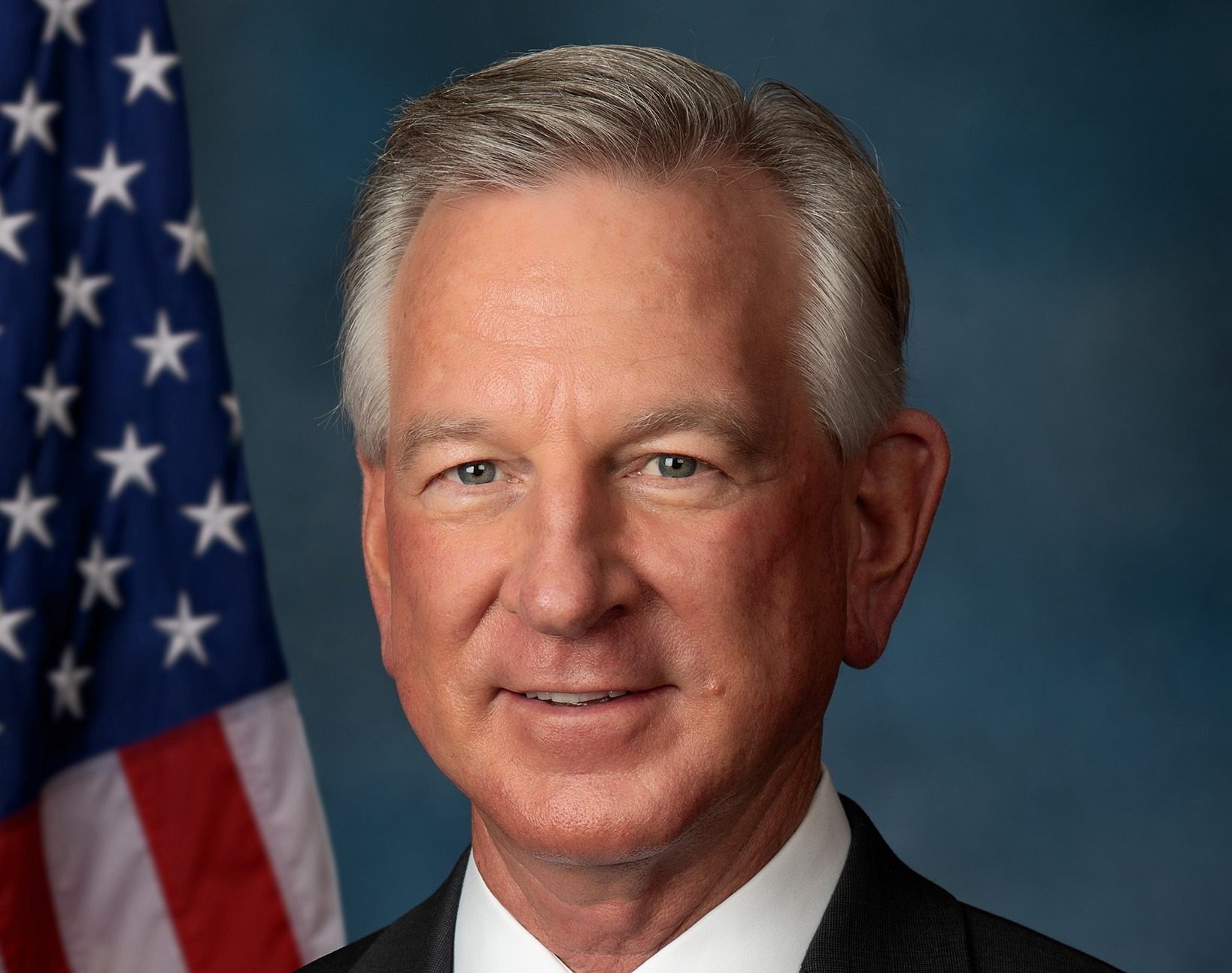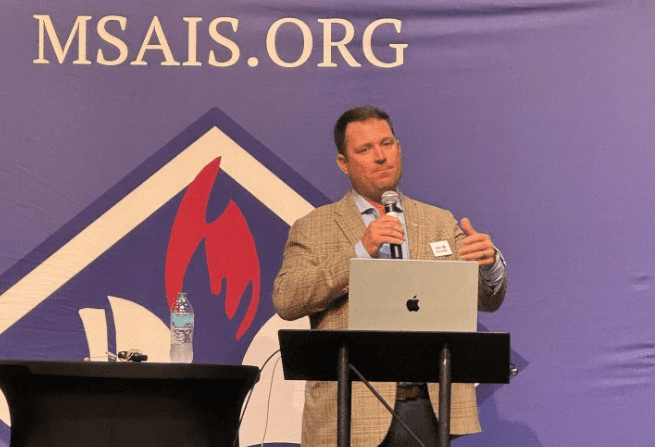
Sid Salter
Columnist Sid Salter looks at Presley’s pledge to expand Medicaid “on Day 1” and possible legislative actions when lawmakers return to the Capitol for the 2024 session.
Democratic gubernatorial nominee Brandon Presley has pledged that if he is elected governor in November, he will expand the state’s Medicaid program “on Day 1” of his tenure. In today’s parlance, good luck with that.
The structure of Mississippi’s state government makes Presley’s promise, however well-intentioned or sincere, difficult in the extreme. Or as the late Mississippi Supreme Court Justice William N. Etheridge, Jr., wrote in his book “Modernizing Mississippi’s Constitution” in 1950: “The governor is given the chief executive power and a mandate to faithfully enforce the laws. However, that obligation does not carry with it a corresponding grant of power.”
Things haven’t changed dramatically on that score in the last 73 years. The 1890 Mississippi Constitution created a “weak governor, strong Legislature” system of government.
Nearly a century after the 1890 Constitution was adopted, Mississippi’s governor was granted the increased powers of gubernatorial succession and the authority to propose an executive budget. But overall, the 1890 constitution still vests the lion’s share of raw political power in the state Legislature. Therefore, the legislative leadership since 1890 has wielded enormous power.
Presley’s pledge, it would seem, would be predicated on expanding Medicaid via executive order and through obtaining a federal waiver. But spending money to obtain the waiver or to operate an expanded Medicaid program would seem under the law to require assistance, approval, and most importantly, appropriations from the Mississippi Legislature.
Recent polls show incumbent Republican Gov. Tate Reeves leading over Presley’s challenge. Reeves has been consistent and firm in his opposition to Medicaid expansion. But regardless of whether or not Presley can pull off an upset in November, it appears that chances for fiscal relief for Mississippi’s struggling hospitals are improving and that as an institution, the GOP-controlled Legislature is angling toward action in 2024.
Lt. Gov. Delbert Hosemann decisively dispatched challenger Chris McDaniel in the GOP primaries despite McDaniel hammering Hosemann over his support for some form of fiscal help for the state’s hospitals. Hosemann continues to support that concept and is planning legislative hearings on the topic for the 2024 session.
Current GOP House Speaker Philip Gunn of Clinton is a solid opponent of Medicaid expansion. But Gunn’s presumptive successor in 2024, current House Speaker Pro Tempore Jason White, R-West, lives about 17 miles from the hospital in Kosciusko and about 20 miles from the hospital in Lexington. The state’s larger trauma hospitals are a long ambulance ride away from West in any direction.
In other words, White understands the plight of rural hospitals, and like Hosemann, is willing to entertain substantive legislative discussions of solutions to those challenges.
What is also coming into focus is that any legislative solution will be aimed at providing health coverage for the working poor – people who hold jobs but don’t earn enough to afford health insurance. A work requirement will meet with strong opposition, but it appears to be one of the points necessary to get the Medicaid expansion question off-center in the state.
Public health care for Mississippi’s poor, working poor, uninsured or underinsured is an expense that will ultimately be borne by the taxpayers. The only real mystery is whether the lion’s share of those costs is paid by federal, state or local taxpayers or a combination of all three with varying percentages of responsibility.
Currently, Mississippi “pays” for that health care through Medicaid dollars and the delivery of uncompensated care. Nationally, uncompensated care in the U.S. is estimated to comprise 55 percent of all emergency care delivered. In Mississippi’s rural hospitals, that percentage is believed to be significantly higher.
So why are Mississippi’s hospitals struggling? Rural hospitals nationally are struggling because of changes in how rural people access health care.
But in states like Mississippi with extreme levels of poverty and high populations of uninsured or underinsured patients, there are two federal laws virtually dictating financial stress in poor states – the federal Hill-Burton Act and Emergency Medical Treatment Act. At a minimum, Mississippi hospitals provide an estimated $600 million in annual uncompensated care.
Health care coverage for the state’s working poor will without question make the federal mandates for providing uncompensated care easier to shoulder. It would be a welcome start.








